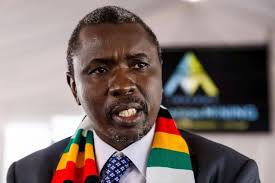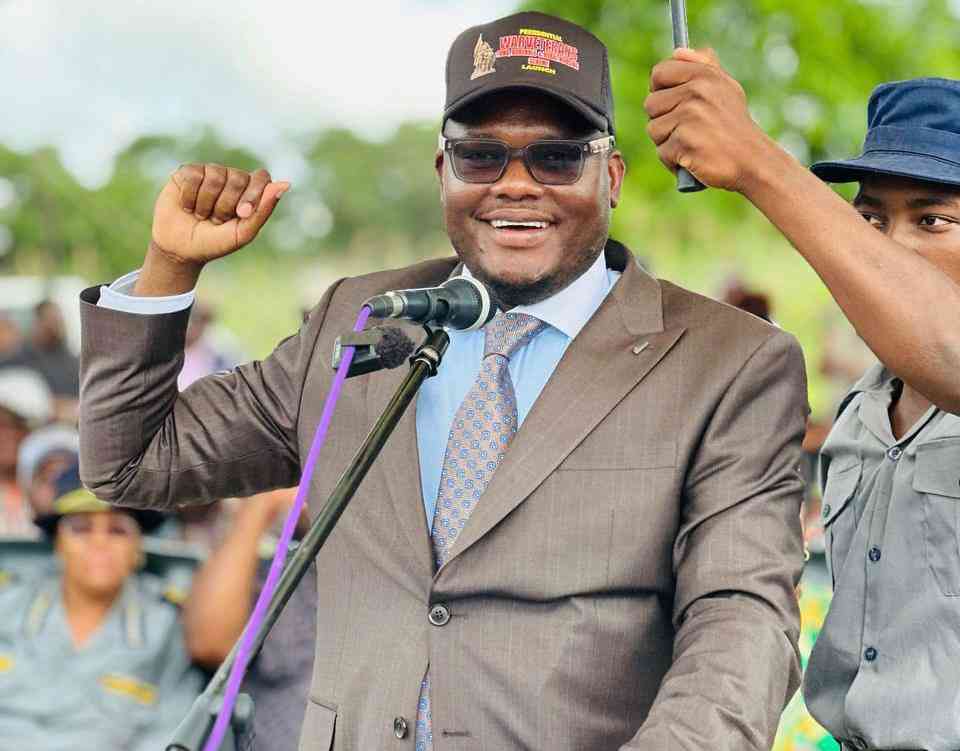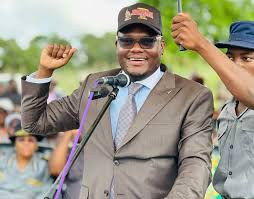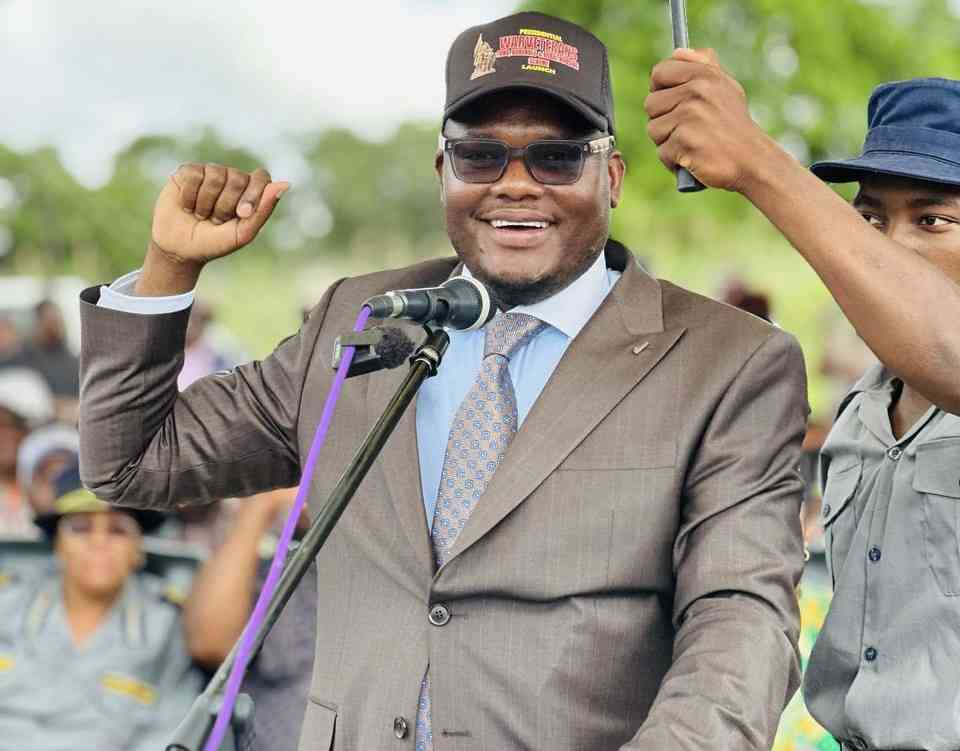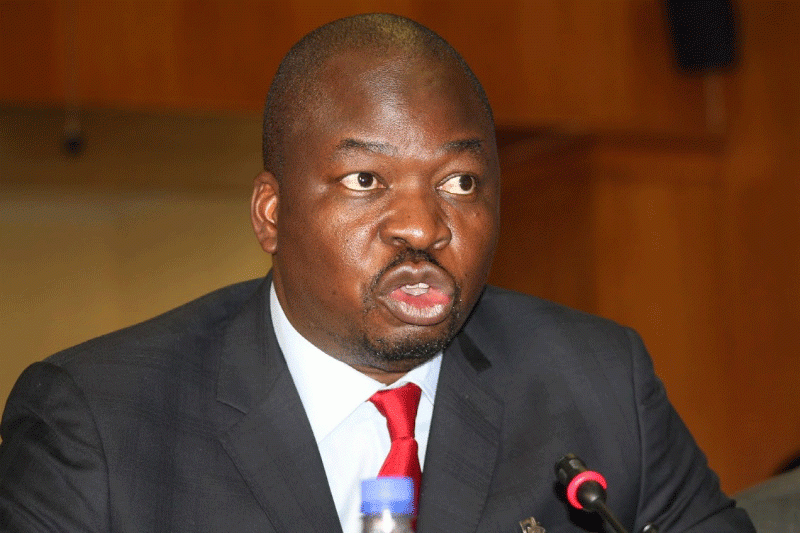
Brother George Guvamatanga, permanent secretary at the treasury, in his address to a business audience blamed Zimbabwe’s problem on its economic model. The brother limited his discussion to the procurement process. He rightfully argued the process led to unnecessary overpricing by suppliers of government tenders.
I spent 10 years researching the life and times of Robert Mugabe. I had given up when Cyril Zenda came to my aid. The only thing that made sense in Mugabe’s Zimbabwe was that all business activities were based on two pillars, ability by stalwart and principled supporters of Mukuru to loot, or to pay tithes to Zanu PF.
I argued that while Guvamatanga is correct, the problem of overpricing by government suppliers is small potatoes. The bigger problem is that Zimbabwe has no national sovereignty economic policy that guides all economic activity. My sojourn in the United Arab Emirates (Dubai) has shown me what far sighted leadership and sovereign economic policy can achieve for its people.
All oil resources, whether in the ground or in transit to an export centre, are part of the National Oil Company and as such sovereign assets. They belong to all the people of the United Arab Emirates.
As a result, there is no income tax in the UAE, and a newly wedded couple is blessed with a two-bedroom apartment and some “start family money.”
The information below will make you want to cry or laugh.
On February 24, 2009, Bernard Hagemann, vice-president of First Star Europe, a precious metals company revealed that Zimbabwe’s vice-president Joice Mujuru had offered him 3.7 tonnes of gold for sale. After “due diligence” (his own words) and finding that the product might be tainted, he refused. In disclosing this information, he said that his life had been threatened. (Source Agency French Press and BBC.)
On September 23,2013 Zimbabwe’s Gold Miners’ Association president, Tynos Nkomo appeared before a Bulawayo magistrate for alleged “externalisation of funds.” In his appeal for bail, he said that he was in partnership with vice-president Joice Mujuru.
- ‘Killer’ soldier granted bail
- Letter from America: The death of the Zimbabwe dollar shows the King has no clothes
- Letter from America: The death of the Zimbabwe dollar shows the King has no clothes
- US$4 billion mystery in Afreximbank, Zim deals
Keep Reading
Mujuru was at times seized with conscience. On October 22, 2014, speaking in Shona, she complained bitterly about Zimbabwe’s economic blueprint. The words did not escape the sharp ears of Africa Report editor Mathew Nyaungwa.
“No jobs were created locally in diamond polishing (Chiadzwa). All the diamonds were taken to India where they have built a town (Surat) from Chiadzwa. And yet Zimbabweans continue to struggle.”
Looting as a national policy
The fact that Zanu PF does not have a national sovereign economic policy does not mean that they have not written a million words about stalwart principled economic behaviour by cadres. In the 1984 Gweru Yellow Memo, you will find these words.
“Party leaders shall not own more than one house.” Ha! I laugh, son of the Rainbow.
“Party leaders shall not commit sexual immorality.” Please do not kill me with laughter (African English).
“Party leaders who concentrate on acquiring property or who personally (sic) engage in exploitation of man by man rapidly become allies of capitalists and enemies of socialism and of the masses.” Now I want to die from laughter (Zimbabwe English).
There is in fact a national policy of looting. Looting is different from theft. A looter has been entrusted with certain assets and responsibilities which he, while lawfully performing these duties, abuses his trust.
Strive Masiyiwa
Strive, founder of Econet Wireless, is one of Africa’s leading businessmen and should have been celebrated in school textbooks. This is not the case in Zimbabwe. He failed, by his own admission, to understand that he must pay tithes to the ruling Zanu PF party.
“This country is full of commission agents who try to pass themselves as businessmen and industrialists. They produce nothing, they are well-connected politically. When any big government contract comes up, these guys line up to get a cut of the action. I don’t like commission agents and I don’t pay bribes.”
For his own safety he lives in London.
Enter looting cadres
Gokwe Representative Justice Wadyajena and Cotton Marketing Board (Cottco) are in hot soup on allegations of externalisation of funds and other misdemeanors.
In brief, the accusation is that Cottco expended sums of money totalling US$5 million to Brother Justice without receiving goods in return.
According to Zimbabwe economics professor Malcom Blackie, (1983) the Cotton Marketing Board of Zimbabwe was a role model for developing countries. Its duties included financing, standardisation of the cotton product, educating farmers, supplying inputs, and protecting farmers from the vagaries of the world market. It employed 4 800 workers.
The looting machine was introduced by the World Bank in 1985 as part of privatisation. By 2003 it had driven away 350 commercial white farmers (2002-2003) who produced 25% of the crop, leaving only 12 who complied with their tithing regime. The key to looting was in plain sight.
On the other hand, the 74 000 black farmers were manipulatable. All the inputs, pesticides, fertilizers, hessian bags and twine are available at two levels, one underground at three times the price on the open market. Ammonium nitrate from Windmill sells at $3 000 per 50kg government price but is scarce. It is easily available on the black market at $9 000 per bag.
Further government restricts export of cotton to two cartels, Cottco and Cargill. These cartels will kindly (African English) hire woolpacks to growers at $1 000 per pack on condition they sell their product to them.
The Imani Report July 2002 (page 8) says that all these shenanigans can add up to 90% to the costs, thus depriving the small growers of any profit.
Brother Justice is being accused of manipulating the supply of inputs, getting paid, but not delivering the bags and ties necessary for export bags. This brother has a lot of “cheek.”
Zanu PF is so deeply ingrained in this economic model that if Brother George Guvamatanga keeps on talking about it, he will be run out of town.
- Ken Mufuka is a Zimbabwean patriot. He writes from the USA. He can be contacted at [email protected]

